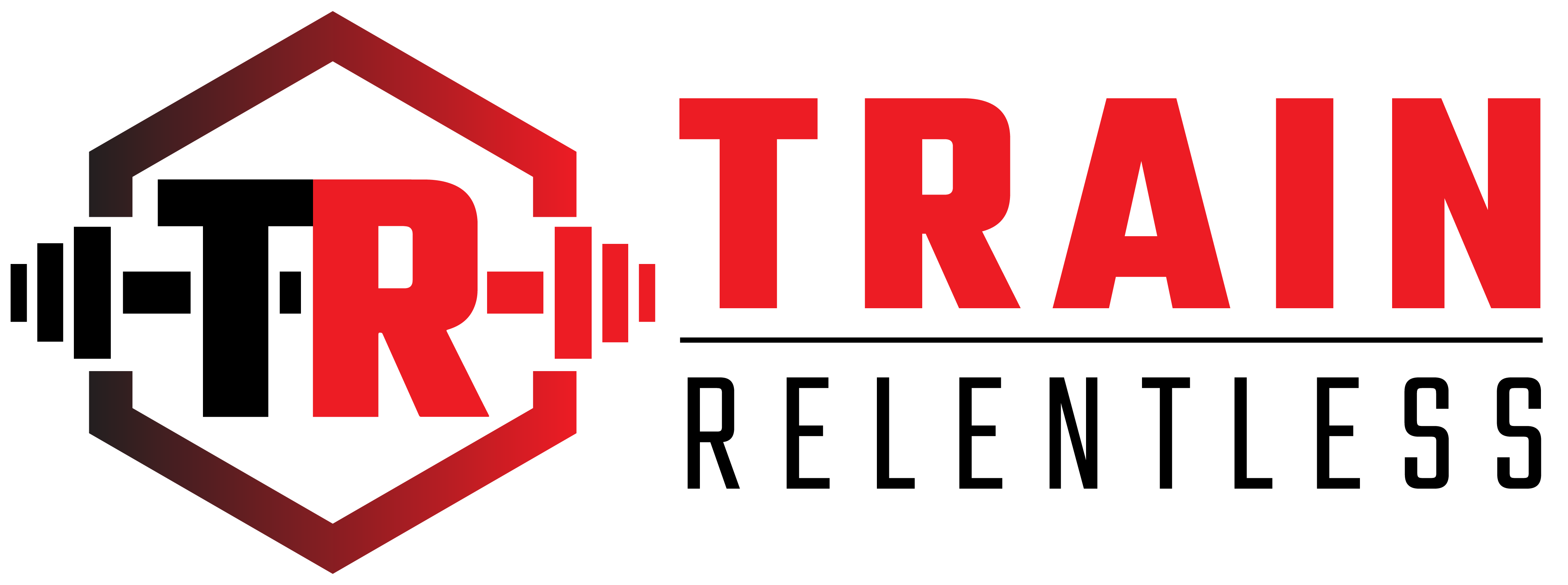Long-term weight loss is all about sustainability. Individuals tend to experience a yo-yo effect of losing and gaining more weight the following months making it worse than when they started.
Yes, many weight loss regimens often give you drastic results. But after a few weeks, you realize that these practices aren’t exactly effective in the long run. For instance, intermittent fasting and keto diets can undoubtedly help you lose a lot of weight. But at the end of the day, is it something that you can do for months or even years?
Since food choices affect not only your weight but also your body composition, here are tips on how to have a healthy and sustainable diet.
1-Certain Foods Should Only Be Treated As a Reward
There are certain foods that you shouldn’t include in your diet. However, taking out some foods completely might sound like a punishment that you don’t deserve. If you love eating burgers, pizzas, and other high-calorie foods, it’s better to treat these comfort foods as your reward.
It can serve as a motivation to do healthy things. For instance, you can give yourself a slice or two of pizza if you can eat healthy 5-6 days a week. Or maybe, you can designate one day as your cheat meal. But of course, you still have to practice moderation.
2-Plan Your Meals in Advance
There are mixed reviews when it comes to counting calories. There’s a study that discovered that weight loss is more about the quality of food you eat and not in the quantity. According to the study, those who cut on processed foods, starches, and sugar were able to lose weight even if they weren’t counting calories.
Given this information, it pays dividends if you can do meal prep. You can easily get rid of all the bad food and just have a set of healthy meals for breakfast, lunch, and dinner. This strategy can lessen the chances that you are going to be eating some fast food since you already prepared the meals beforehand.
3- Focus on Meeting Your Protein Requirements
One of the biggest mistakes of people who are on a diet is to restrict their food intake to the point where they lose their muscle mass. Losing your muscle mass can be considered a slippery slope. Losing muscle mass also means that you slow down the body’s ability to burn more calories.
According to studies, protein synthesis and protein breakdown can account for around 20% of the human body’s resting metabolic rate. It is estimated that 1 kg of muscle burns around 10 to 15 kcal per day. For a person with 20% body fats, muscle mass can contribute up to 20% of the total daily energy expenditure whereas fat tissues only burn 5% of the body’s total energy expenditure. The average resistance training program can increase muscle mass by around 2.2-4.5 pounds of muscle mass. 4.5 pounds of muscle mass will most likely give your body the chance to burn 50 extra calories a day.
How much protein should you be consuming daily? It depends on your target weight. If your ideal weight is 150 pounds, then you should at least consume 150 grams of protein a day. When it comes to choosing your protein sources, you can go for meats such as chicken and beef. On the other hand, you can also go for vegan options. And if you feel that you won’t meet your required protein intake for the day, you can always use whey protein to fill in the gaps in your diet.
4- Drink Lots of Water
The human body is composed mostly of water. There is also no denying that water plays an important role in our body’s metabolic process. Taking 500 ml of water can help boost your metabolic rate for the next few minutes. It is also believed by experts that drinking lots of water can help relieve your hunger pangs making it bearable to be on a caloric deficit. There are also times when the body tends to confuse hunger and with just being thirsty.
5-Slow Down When Eating
A lot of people tend to binge their lunch during their break. As a result, they end up eating more than they should. The body will most likely tell you when it needs to eat. However, your brain takes some time before it realizes that it is already full.
That’s why you want to take your time whenever you’re eating your meals. Giving yourself enough time to enjoy the food will also make you realize that you don’t need to eat large meals.
6- Set Your “Eating Time”
People who are doing intermittent fasting are familiar with the concept of having a “fasting” and an “eating” window period. This strategy is designed to give your body enough time to digest and to use the food you consumed for energy. A simple approach is to not eat anything after 6 PM. This allows your body to process everything at night when you’re sleeping.
7- Learn to Cook Healthy and Delicious Meals
Lastly, you also want to learn how to prepare healthy and delicious meals. This way, removing the unhealthy meals in your diet won’t feel like a punishment since you get to still eat tasty and healthy meals.
Final Thoughts
There are many ways how you can eat healthy and have a sustainable diet. Finding the right strategy for you can do wonders for your weight loss journey. You’d be surprised that you can meet your goals without being too hard on yourself.
